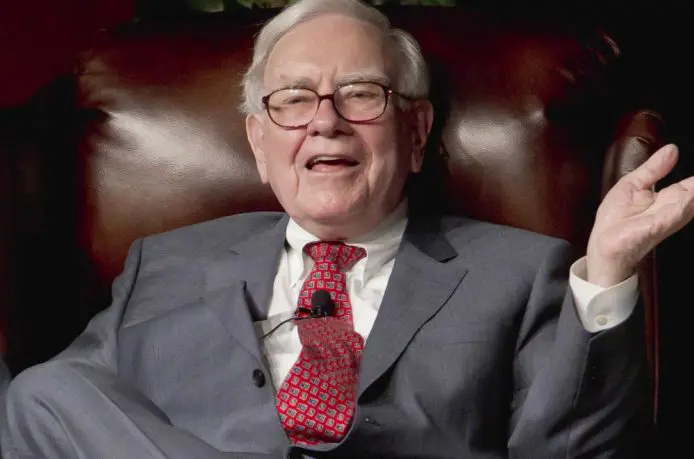We’ve compiled a few tips and some solid financial advice from history’s most impressive. In researching this piece, there were 8 key messages that kept coming to the surface which we have shared with you below:
- Invest in yourself: Everyone from Anthony Robbins, to Robert Kiyosaki agrees, your biggest and most important investment is in yourself. Increase your financial literacy and take the time to learn, ask questions and take control of your financial future;
- Invest in your business: There is much greater control, much greater potential for return, and arguably greater satisfaction in investing in your own business rather than investing in the business of others. A great starting point is Michael E. Gerber’s The E-Myth Revisited, which has been updated and re-released 30 years after the break-out success of his original, The E-Myth: Why most small businesses don’t work and what to do about it;
- Start early: Albert Einstein famously said: “Compound interest is the eighth wonder of the world. He who understands it, earns it … he who doesn’t … pays it. Compound interest is the most powerful force in the universe.” This accumulative investment principle is a compelling reason to start your wealth-building strategy sooner rather than later;
- Know thyself: It’s essential to know your financial status. Sit with your book keeper or accountant and do a personal and/or business budget to determine your financial status and identify your capacity for investment. It is often advised to invest 10-30% of your income, and to have a 3-month emergency fund as a buffer against life unexpected situations;
- Seek professional advice: The next thing to explore is your investment profile. Speak to friends about how they invest and what returns they are getting. Meet with at least 3 different investment companies to determine your comfort levels for investment and evaluate whether you would trust them to look after your money. Consider a mix of big and small operators, ask to see their track record over a variety of client portfolios, and even whether you can speak to some of their clients;
- Determine your investment profile: No one investing strategy or approach fits all. Every investor has different reasons for investing, different goals, different time horizons and varying degrees of comfort with investing. It’s important to define and articulate you own parameters;
- Invest regularly: Warren Buffet often reveals the secret of his success is penny stocks and dollar cost averaging. We might be hard pressed to find penny stocks that have returned as phenomenally has his have, but we can certainly participate in dollar cost averaging, which simply refers to contributing a regular amount each month so that the fluctuations in the market event themselves out and there is a positive trend over the long term;
- Monitor and adjust: this might be a set-and-forget or something that you monitor daily, but either way it’s important to check in regularly and consider if the fund is still performing as needed. Investent tends to be a long-term game so keep yourself busy with point 2 above in the meantime.
Read Part 1 – Investing 101. Join us on 25th July as we feature 3 investment experts in our Insight: The Business of Investment talk series. Want more? Stay in touch and subscribe to our monthly newsletter here.







